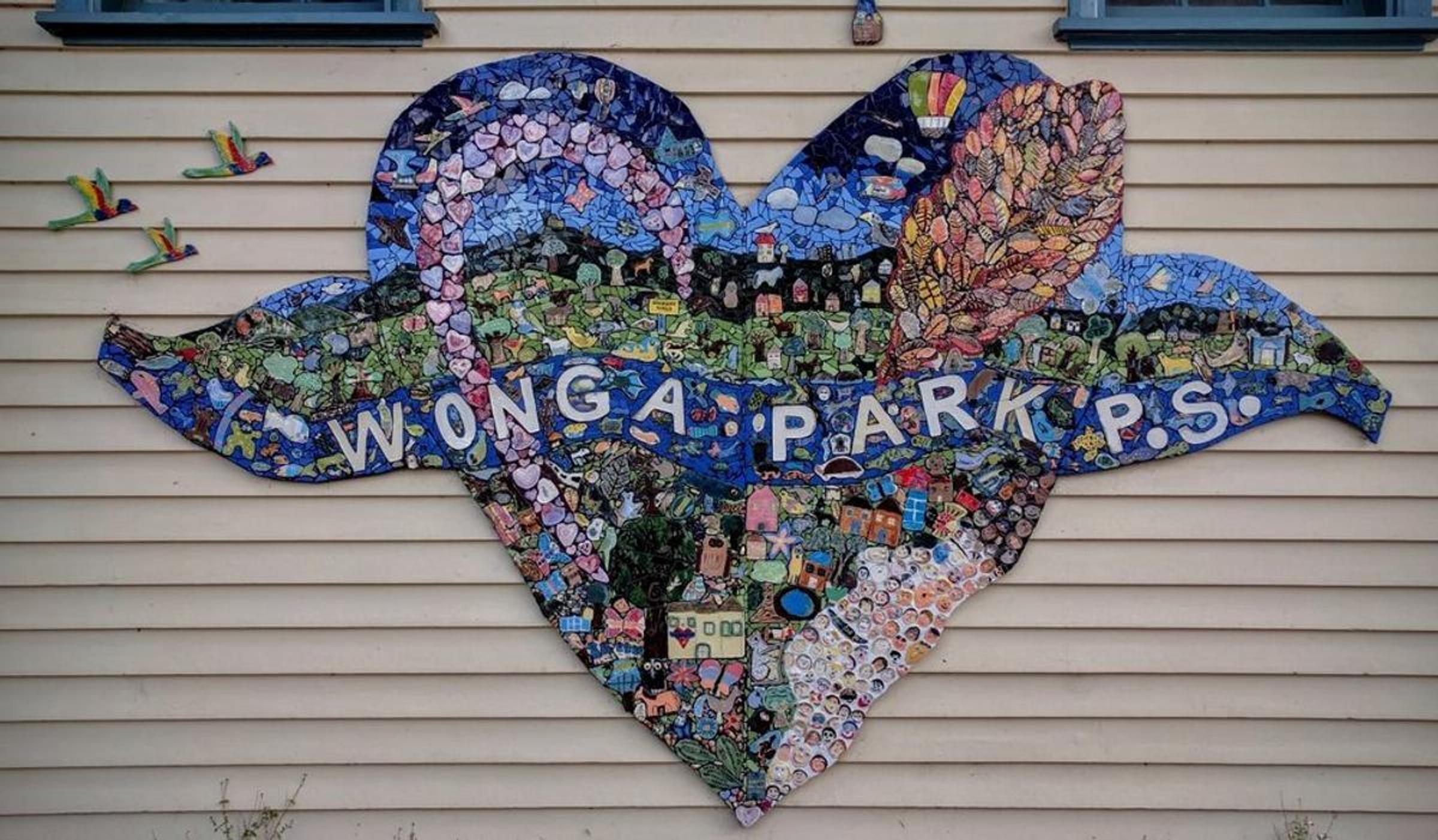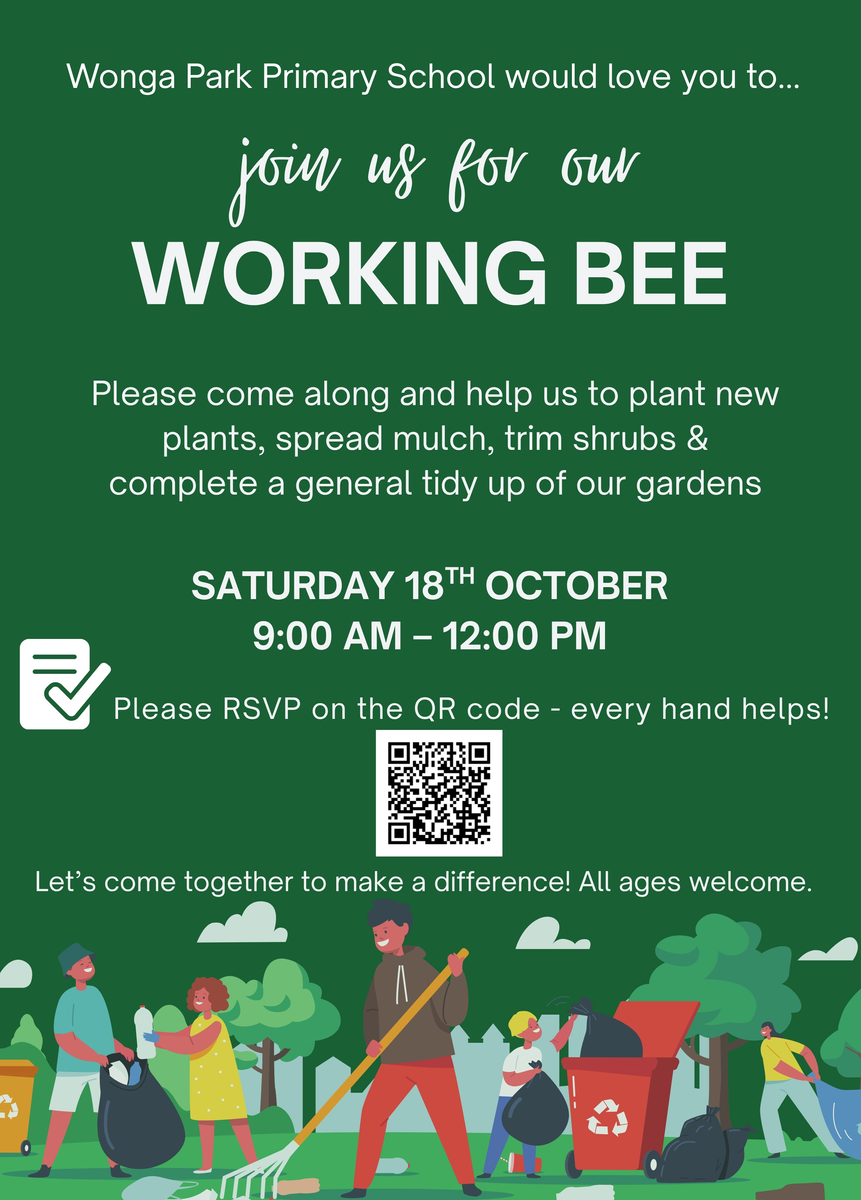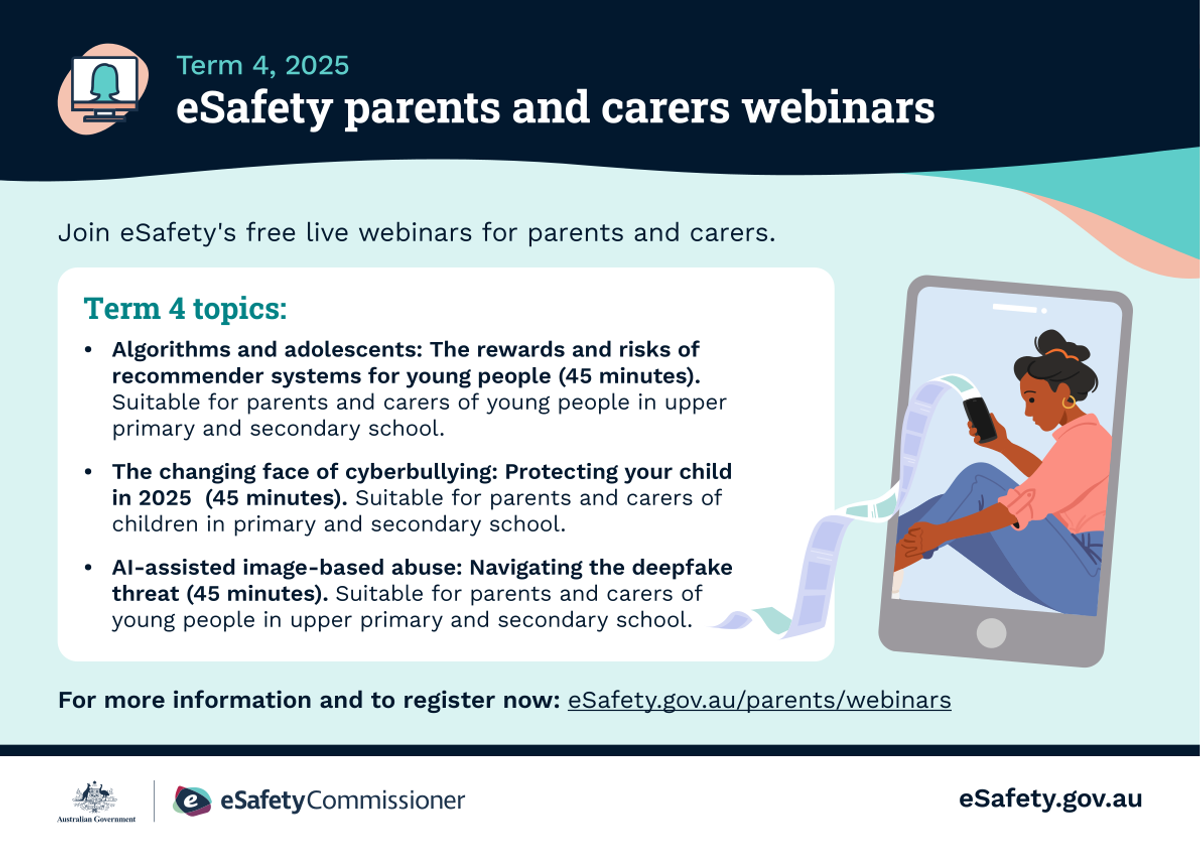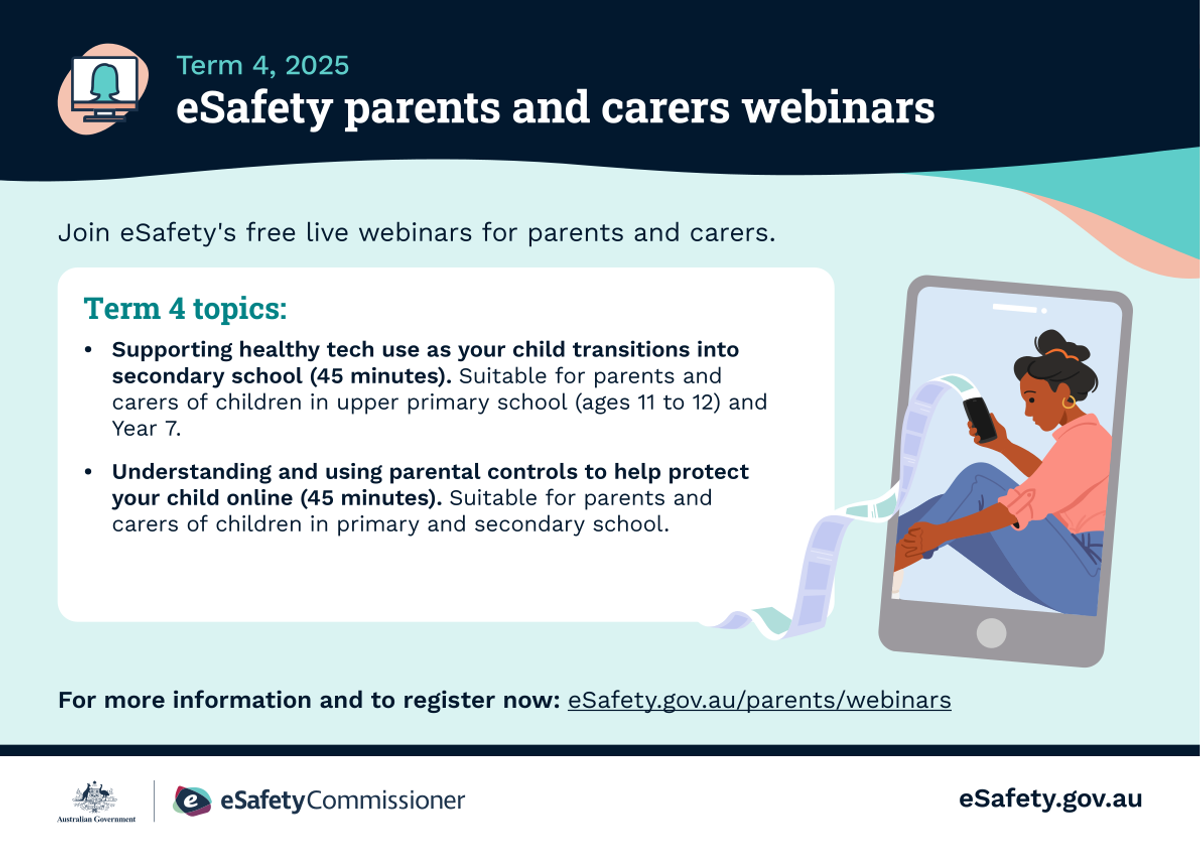Leadership updates and reflections

An update from Julie
We’re thrilled to be celebrating a very special milestone – our school’s 130th birthday! It’s the perfect chance for our whole community to come together and celebrate with an old-fashioned themed night full of fun and connecting. There’ll be a bush dance for students and families, great dinner options from the food trucks and the BBQ, and loads of entertainment for all ages. From pony rides, old-fashioned games and showbags to the quirky horse poo grid, there’s something for everyone – plus an amazing art show, a silent auction, and fantastic live music. It’s shaping up to be a wonderful night that celebrates everything we love about our school. We can’t wait to see you there!
Upcoming Working Bee - Saturday, November 16th,
Our final working bee for the year will be held on Saturday, October 18th. We have lots of jobs to do around the school in readiness for our 130th celebration in Term 3. We would greatly appreciate if families could even spare an hour to help spreading mulch in garden areas and generally tidying up. For catering purposes please reply via the QR code below. Working bees are a great way to support the school and connect with other families. We hope you can come!
2026 Planning
We are starting to plan for the year ahead. If your child has educational needs that you feel require special consideration for class placement in 2026, please let me know in writing. Please note that multiple requests will not be considered. Please email me directly by Monday, 27th October at julie.crawford@education.vic.gov.au
To assist teachers as they begin planning class groupings for next year, we kindly ask that if you and your family are planning to leave Wonga Park PS at the end of 2025, please inform the school office as soon as you’re able to. Your timely communication is greatly appreciated. (This excludes Grade 6 students.)
Have a great week
Warm regards
Julie
An update from Adele
Disability and Inclusion
Understanding Ableism in Our Community
A main goal of ours is to help foster a school culture where every student feels safe, valued, and supported. Part of this work involves deepening our collective understanding of ableism — a term that may not be as widely known as other forms of discrimination, but one that has a profound impact on people with disability.
According to People with Disability Australia (PWDA), ableism refers to the way our society is organised around the assumption that non-disabled ways of living are “normal” or “better” (PWDA, 2024). This might show up in obvious ways, such as a lack of ramps or accessible toilets, but it can also be more subtle — like using language that reinforces stereotypes or making assumptions about what someone with a disability can or cannot do.
PWDA distinguishes between ableism and disablism. While ableism is often unintentional — things designed without considering access — disablism involves the active belief that people with disability are inferior, leading to discriminatory actions or exclusion. Both are harmful, and both can be present in schools, workplaces, and community spaces.
Why This Matters in Schools
Ableism and disablism are not abstract concepts; they directly affect our students, families, and staff. A student may miss out on learning opportunities if adjustments aren’t provided. A parent may feel excluded from school events if our communications aren’t accessible. Staff may face additional challenges if inclusive practices aren’t consistently embedded.
As a school community, it’s important that we name these barriers so we can dismantle them. Building awareness of ableism helps us to shift from “good intentions” to meaningful action.
How Ableism Shows Up
Some examples include:
- Physical barriers – classrooms, playgrounds, or excursion venues that don’t accommodate mobility needs.
- Attitudinal barriers – assumptions that students with disability always need help, or viewing disability through a lens of pity rather than respect.
Systemic barriers – policies or practices that don’t account for diverse needs, such as assessment methods or extra-curricular activities designed for only one “type” of learner.
What We Can Do Together
As a school, we are committed to challenging ableism by embedding inclusive practices in everything we do. Some of the ways we can work towards this include:
- Listening to student voice – ensuring that students with disability are actively consulted about the adjustments that affect them.
- Building accessibility into planning – whether it’s a classroom lesson, a school event, or a communication to families, accessibility should be considered from the outset, not as an afterthought.
- Reflecting on our language and assumptions – avoiding ableist language and reframing how we talk about disability.
Continual learning – as staff, students, and families, we can all deepen our understanding of disability rights and inclusive practices.
A Shared Responsibility
Ableism and disablism can be deeply ingrained in systems, policies, and even everyday habits. But change begins with awareness, with a shared commitment to inclusion. By challenging ableism, we are not only supporting students with disability, but we are also strengthening our school community.
I encourage you to read more on this important topic in the People with Disability Australia article on ableism and disablism (pwd.org.au/ableism-and-disablism).
Together, we can continue to create a school where every student is recognised for their strengths, supported in their needs, and celebrated as a valued member of our community.
Online Safety
eSafety – Office of the eSafety Commissioner
Social Media Ban or Delay?
Last week, I shared information with you regarding the new social media restrictions for children under the age of 16. In this edition of the Wonga Weekly, I am drawing your attention to Frequently Asked Questions regarding the restrictions. This information provided by the eSafety Commissioner will support you to have conversations with your child/ren so they understand why the restrictions are in place. I encourage you to read the information contained in this link.
There is also a quick video I encourage you to view, aimed to help you prepare your children for the social media age restrictions.
Term 4 eSafety Commissioner online workshops
The eSafety Commissioner provides free webinars to parents and carers with the knowledge, skills, and tools to support their children to have safe, positive online experiences. Term 4 webinars are listed below:
Algorithms and adolescents: The rewards and risks of recommender systems for young people
Algorithms and AI are shaping how young people interact with the online world. This 45-minute webinar explores both the benefits and risks of recommender algorithms, including how they affect the content young people see and what you can do to protect your child from the potential harms. It's suitable for parents and carers of young people in upper primary and secondary school. Learn more about this webinar.
15 October, 3:30 pm
AI-assisted image-based abuse: Navigating the deepfake threat
AI tools are evolving fast – and some are being misused in ways that can harm or exploit children and young people, including through the creation of deepfakes and digitally altered images. This 45-minute webinar covers how these technologies are being used, their impact, and how to support and protect your child. It’s suitable for parents and carers of upper primary and high school students. Learn more about this webinar.
21 October, 12:00 pm
Supporting healthy tech use as your child transitions into secondary school
This 45-minute webinar explores the social pressures, peer influences, and technological challenges young people face as they transition into secondary school. It also offers practical strategies for navigating online friendships and connections to help minimise negative experiences. It's suitable for parents and carers of children in upper primary school (ages 11 to 12) and Year 7. Learn more about this webinar.
18 November, 12:30 pm
Social media age restrictions explained – a guide for parents and carers
From 10 December 2025, certain social media platforms won’t be allowed to let Australian children under 16 create or keep an account. Join our 30-minute information session to understand the changes. Learn more about this webinar.
20 November, 12:30 pm
Sign up for the eSafety Newsletter to receive the latest online safety news, resources, and advice.
Warm Regards,
Adele


